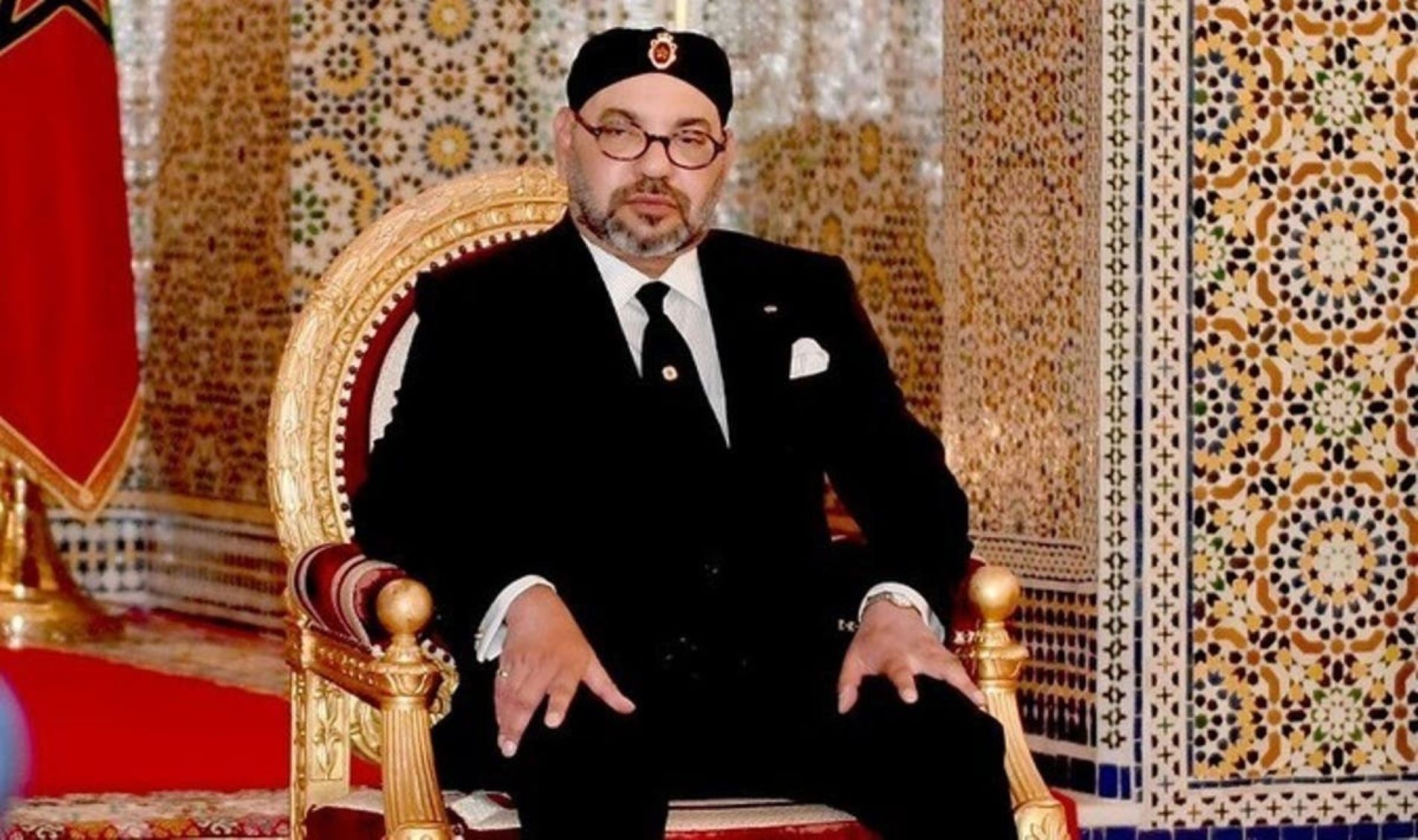Independence, consigned to oblivion. The prime minister of Spain, Pedro Sánchez, has given in and defended that the autonomy plan for Western Sahara presented by Morocco in 2007 is "the most serious and realistic basis" for reaching a solution to the five-decade-long conflict. This has been stated in a letter sent to king Mohammed VI which the Moroccan royal house released on Friday, in which Sánchez made an unprecedented and radical turn in the position held up till now by successive Spanish governments and acknowledged "the importance of the Sahara issue", stressing "Morocco's serious and credible efforts within the framework of the United Nations to find a mutually acceptable solution" to the dispute between the kingdom and the Polisario Front over the former Spanish colony. At the same time, he expressed his desire to "build a new relationship, based on transparency and permanent communication, mutual respect and the agreements signed between the two sides and the abstention of any unilateral action."
The existence of the letter has been confirmed by the Spanish government itself in a statement issued just after the news broke. Although the Sahara is not mentioned at any time, the Sánchez executive states that today marks the start of "a new stage in relations with Morocco", which will serve to "guarantee the stability, sovereignty, territorial integrity and prosperity" of both kingdoms. "We reiterate our determination to face the common challenges together, especially cooperation in the management of migratory flows in the Mediterranean and the Atlantic, always in a spirit of full cooperation, and restoring full normality in the movement of people and goods, for the benefit of our peoples," the statement said.
Above: Spain's press release on the "new stage in relations with Morocco" which "we begin today" (in Spanish).
Both the Spanish government's press release and the information made public by the Moroccan authorities insist that the new era will be "based on mutual respect, compliance with agreements, the absence of unilateral actions. and transparency and ongoing communication" and will be developed "on a clear and ambitious roadmap". Spain also confirmed that both Sánchez and foreign minister José Manuel Albares are to travel to Morocco to develop the aforementioned "roadmap for this new stage". In the case of Albares, the statement states that he will visit Rabat before the end of the month.
Spain's letter to the Moroccan king also said that "the two countries are inextricably linked by affection, a history, a geography, interests and a shared friendship." The Spanish PM told Mohammed VI that "the destinies of the two peoples are also united in the same way", as well as that "the prosperity of Morocco is linked to that of Spain, and vice versa". "Spain will act with the complete transparency that can be expected of a great friend and ally. I assure you that Spain will always fulfill its commitments and its word," the letter reads.
Polisario: "Spain is giving in to Moroccan blackmail"
This is the first time that the Spanish state has supported the proposal for Western Sahara to be a self-governing region within Morocco, which has provoked deep indignation in the Polisario Front. "Spain is giving in to Morocco's blackmail and manipulation," Polisario sources told the digital daily El Independiente. The Polisario, the Western Sahara national liberation movement, has also criticized the Spanish executive for opting for self-government within Morocco and for disengaging from the UN roadmap amid the Russian invasion of Ukraine, in defiance of the principles of international law. The United Nations maintains that the Sahrawi people have a right to self-determination. "The [latest] statements show the hypocrisy of the discourse in the current situation. International law and international law are being defended in Europe and denied in the Sahara," a Polisario representative told the newspaper.
Sánchez's message comes months after the worst crisis in two decades between Morocco and Spain, which began in late April last year with the admission by Spain of Polisario Front leader Brahim Gali for hospital treatment in the Spanish city of Logroño. Subsequently, the tension intensified when a wave of irregular immigrants entered Spain's North African enclave of Ceuta, many by swimming, in May. Despite this unprecedented crisis, which materialized in the Moroccan ambassador to Madrid being called for consultations, the monarchs of the two countries have not stopped exchanging messages of courtesy and signals of their commitment to improve bilateral relations.

